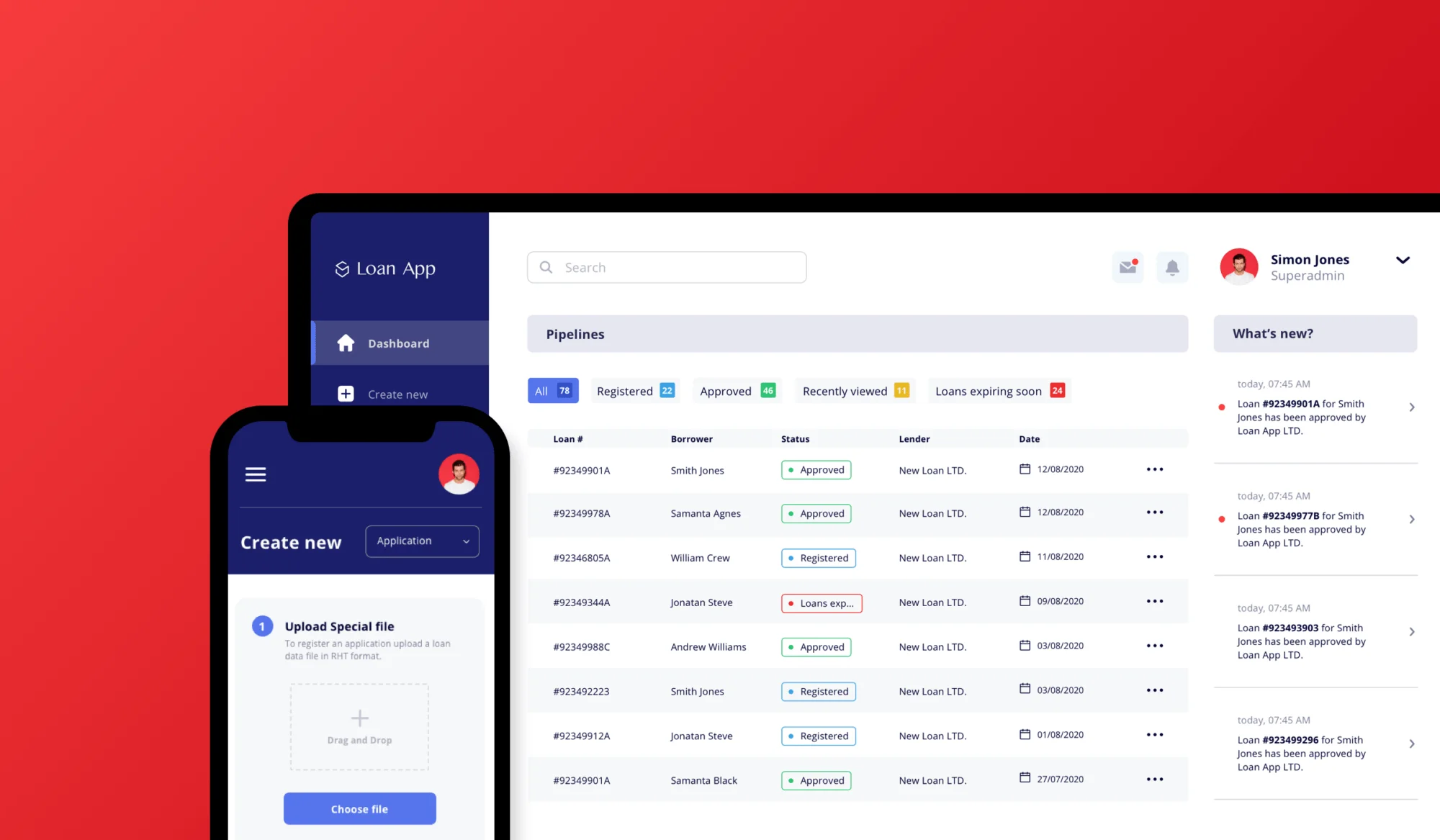Tech talent gap
While recent layoffs in the tech sector might offer hope for industries struggling to attract top talent, finding suitable candidates remains challenging. McKinsey’s Technology Trends Outlook reveals that most fields related to tech trends require skills for which the talent supply is low. For example, the study states that only five qualified Azure cloud development professionals are available for every ten job postings.
Recent studies show that real estate and proptech companies plan to solve tech talent challenges by outsourcing software development. Their primary goals are:
- Gaining technological capabilities and streamlining processes (42%)
- Adding agility and resilience to their operations (39%)
Outsourcing is a good option for overcoming the tech talent gap and partnering with companies experienced in real estate and proptech software development.
Regulatory compliance
The real estate sector faces numerous regulatory challenges, particularly concerning sustainability. Global regulations are evolving, emphasizing environmental, social, and governance (ESG) metrics. Companies may soon be required to disclose detailed ESG data with the same transparency as financial reporting.
According to Deloitte, 59% of real estate firms lack the necessary data, processes, and internal controls to meet upcoming compliance standards. However, European firms seem slightly more prepared, with 54% expecting compliance challenges compared to 65% in North America and 58% in Asia/Pacific.
Engaging with proptech experts can help navigate these complex regulatory landscapes and ensure compliance with legal and data protection requirements, such as GDPR or CCPA.
Cybersecurity
The 2024 commercial real estate outlook study revealed that real estate companies globally are increasingly concerned about cyber risks, identifying them as one of the forces impacting their financial performance, particularly in Europe. This anticipation stems from the real estate industry’s growing integration of smart technologies while its core software remains obsolete, which exposes it to asset-level vulnerabilities.
To address this challenge effectively, we recommend the following:
- Implementing secure coding practices, conducting regular code reviews, and performing penetration testing
- Employing robust encryption protocols for data both at rest and in transit to safeguard sensitive information
- Utilizing strong authentication and authorization mechanisms to ensure that only authorized users can access critical systems
- Keeping all systems up to date with the latest security patches and updates to mitigate known vulnerabilities
- Engaging with external cybersecurity experts to conduct audits and validate the security of your software
While these practices can help maintain system security, it’s essential to recognize that the weakest link in your cybersecurity strategy often lies with humans. Therefore, educating your team about common cyber threats and best practices for maintaining cybersecurity is crucial.
Data silos
Real estate companies generate vast amounts of data daily, including financial records, property management activities, and project management details. However, much of this data remains unused. In fact, only 13% of real estate companies have access to real-time business intelligence and analytics.
One solution to this issue is to address data silos by adopting updated technology. Instead of relying on separate solutions for managing transactions, CRM, and leasing management, companies can opt for a cloud-based software solution that seamlessly shares data across different functionalities. Moreover, it would allow you to exchange data between departments better and adopt analytics to gain deeper insights into your company’s operations.
These challenges may sound like real hurdles but don’t worry. Having a robust software development company like Leobit as your partner can help you navigate these challenges and unlock the full potential of proptech adoption.
Actions speak louder than words. Explore our recent case studies to see how we’ve helped our clients overcome many of the challenges discussed above and stay ahead of competitors in the market.






















